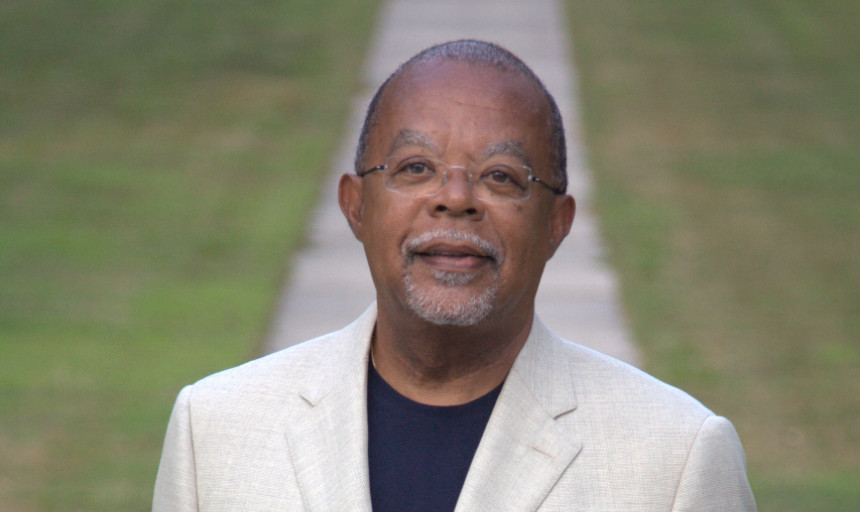Roanoke College explores monuments and memorials, our encounters with history in new speaker series
March 03, 2022

Roanoke College will launch a speaker series this month that examines the function and future of monuments, and our personal connections to and encounters with history.
The speaker series, presented by the College’s Center for Studying Structures of Race, brings to campus artists and scholars whose work addresses the role of monuments in society and how we address, and think deeply about, our history.
Scheduled March 17-April 19, the series invites the public to examine the intersection of art, public memory and history.
Featured speakers include Dr. Henry Louis Gates Jr., American literary critic, professor, historian, and filmmaker who serves as the Alphonse Fletcher University Professor and Director of the Hutchins Center for African and African American Research at Harvard University. On April 19, Gates will present “The Rise and Fall of Reconstruction. The lecture is co-sponsored by Roanoke College’s Henry H. Fowler Lecture Series and the Center for Studying Structures of Race.
“Dr. Gates is a preeminent scholar of African American studies whose work lends inspiration to the projects we are undertaking at Roanoke College,” said Jesse Bucher, associate professor of history at Roanoke College and who serves as director of the Center for Studying Structures of Race. “His dedication to uncovering hidden stories, making personal connections to the past, and unpacking historical truths have had a major influence on our examination of the history and legacies of slavery at and around Roanoke College.”
That examination has resulted in several tangible initiatives at the College. In April 2021, bronze plaques that pay tribute to the enslaved laborers who had an integral, historically significant role in building the College more than 175 years ago, were installed on the front pillars of the College’s Administration Building. Initiatives also include the ongoing and extensive student research into the College’s historical connection to slavery, and the renovation of slave quarters that adjoin the Roanoke College campus — quarters that now house the Center for Studying Structures of Race.
Dr. Gates is a preeminent scholar of African American studies whose work lends inspiration to the projects we are undertaking at Roanoke College.
Dr. Jesse Bucher, associate professor of history at Roanoke College and who serves as director of the Center for Studying Structures of Race.
Featured speakers also include:
-
- Charles Gaines, a Los Angeles-based artist who is a pivotal figure in the field of conceptual art. His March 17 talk is part of the “Memorials, Monuments, and Memory Lecture Series,” sponsored by Roanoke College Center for Studying Structures of Race.
- Mabel O. Wilson, Ph.D., professor of architecture at Columbia University who co-designed the Memorial to Enslaved Laborers at the University of Virginia. Her March 31 talk is part of the “Memorials, Monuments, and Memory Lecture Series.”
- Dr. Whitney Battle-Baptiste, director, the W.E.B. Du Bois Center, University of Massachusetts Amherst and professor of anthropology. Her April 6 Emancipation Week Lecture is sponsored by the Center for Studying Structures of Race.
- Nicholas Galanin, a multi-disciplinary artist and musician from Alaska. His April 12 talk is part of the “Memorials, Monuments, and Memory Lecture Series.”
The four “Memorials, Monuments, and Memory Lecture Series” speakers were selected through Roanoke College’s partnership with Creative Time, an international nonprofit arts organization that is guiding the College’s development of a comprehensive plan to honor and recognize, on campus, the role of enslaved people in the history of the College and greater Southwest Virginia. The lecture series precedes planning for the College’s commission of a new memorial commemorating the enslaved people who built the College and contributed to the wider region.
Each of these four speakers “use their art and design work to expand the ways in which we think about memorials and monuments,” Bucher said. “Individually, they have created projects that challenge us to think more expansively about how we encounter history, memory, and the role of public art.”
Dr. Battle-Baptiste, a historical archaeologist who will deliver the Emancipation Week keynote lecture on April 6, “has completed transformative archaeological research that deepens our understanding about the lives of enslaved persons, including enslaved persons in Virginia,” Bucher said.